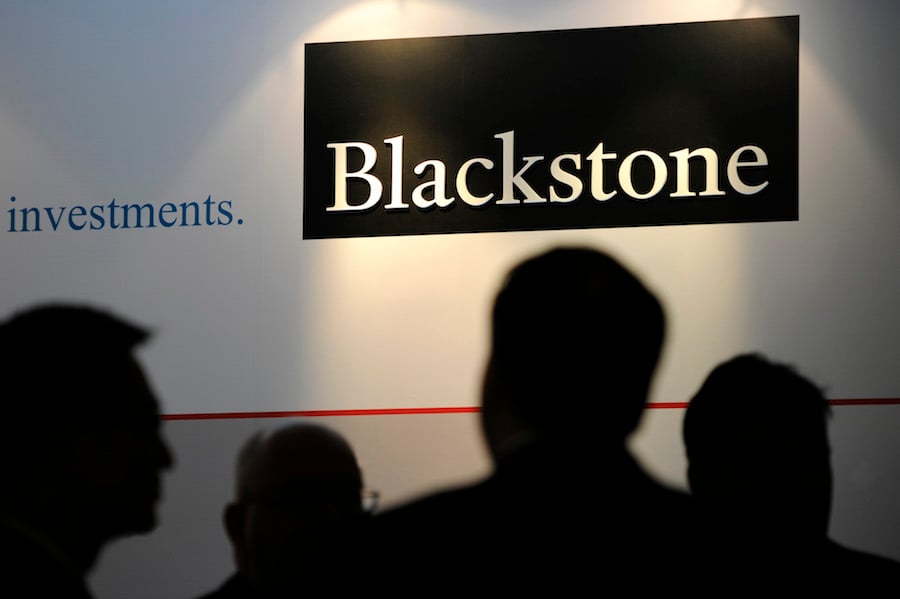

Investors continued to sell shares of the $70 billion Blackstone Real Estate Income Trust Inc. back to the company in February in a process called share redemption, according to Blackstone, with BREIT fulfilling about $1.4 billion of clients' repurchase requests.
BREIT's latest transaction price is $14.74 per share, according to the company's website. Unlike listed REITs, nontraded REITs don't trade on exchanges and investors have limited liquidity. Rising interest rates and the fears of a recession hanging over the commercial real estate market have soured some investors on illiquid real estate vehicles recently, and January was the worst month for retail nontraded REIT sales since 2009.
BREIT has a limit on redemptions, or the amount clients can sell back to the fund, at a maximum of 5% of net asset value per quarter or 2% per month. The demand from investors to sell back shares last month far outpaced the REIT's limits, according to a stockholder notice published Wednesday, with investors seeking to redeem $3.9 billion of shares.
That amount, however, dropped 26% month-over-month, meaning investors were seeking to redeem a lesser amount of BREIT shares, potentially a positive sign for the company, which has been under close scrutiny since December, when it first said it was limiting shareholder redemptions.
That means that not all investors who wanted to sell or redeem shares were able to, and they would have to resubmit orders to do so in March. "Under the repurchase plan, unfulfilled repurchase requests are not carried over automatically to the next month," according to the company.
"Performance remains our primary focus: BREIT has delivered a 12.3% annualized net return since inception in 2017, outperforming publicly traded REITs by more than 2 times," a Blackstone spokesperson wrote in an email.

A new proposal could end the ban on promoting client reviews in states like California and Connecticut, giving state-registered advisors a level playing field with their SEC-registered peers.

Morningstar research data show improved retirement trajectories for self-directors and allocators placed in managed accounts.

Some in the industry say that more UBS financial advisors this year will be heading for the exits.

The Wall Street giant has blasted data middlemen as digital freeloaders, but tech firms and consumer advocates are pushing back.

Research reveals a 4% year-on-year increase in expenses that one in five Americans, including one-quarter of Gen Xers, say they have not planned for.
Orion's Tom Wilson on delivering coordinated, high-touch service in a world where returns alone no longer set you apart.
Barely a decade old, registered index-linked annuities have quickly surged in popularity, thanks to their unique blend of protection and growth potential—an appealing option for investors looking to chart a steadier course through today's choppy market waters, says Myles Lambert, Brighthouse Financial.
